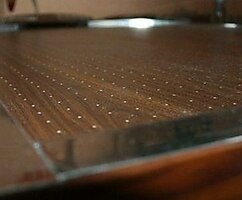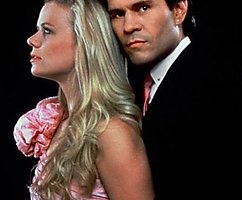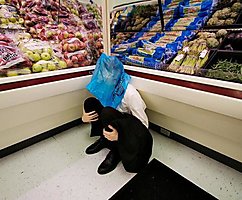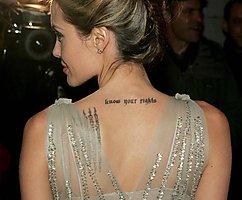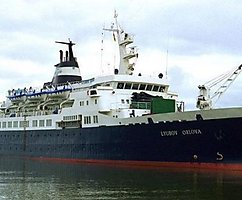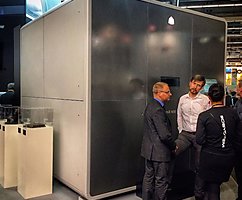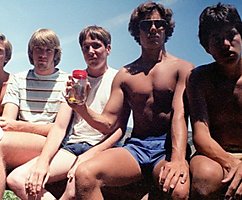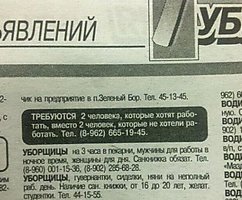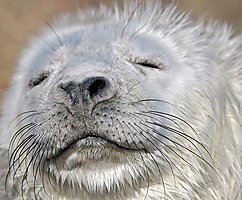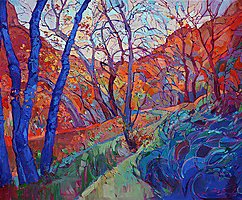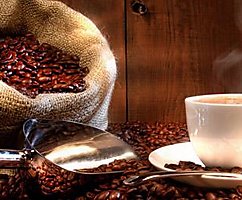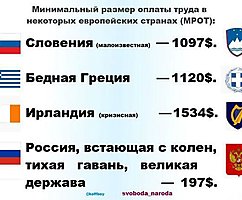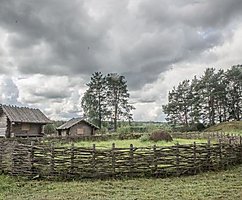Eco coffee
 Bashny.Net
Bashny.Net
"Kopi Luwak" — a kind of coffee, is known primarily due to its specific way of processing. The word "Kopi" in the Indonesian dialect of the Malay language means "coffee" and "Luwak" is the local name of civet, a small animal civet family. The production process of coffee beans "Kopi Luwak" is that musangs does eat the ripe fruit of the coffee tree (coffee cherry), digest the surrounding the coffee beans, the flesh, and in the course of defecation excretion coffee grains, which are then collected by people, washed and dried in the sun.
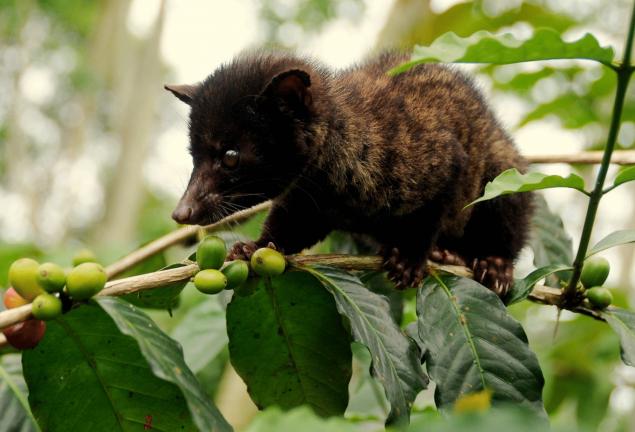
Special flavor "Kopi Luwak" explain the properties of gastric juice musango, which includes the civets. This coffee is produced commercially in Indonesia, the Philippines (where it is also "KAPE Alamid") and in South India. The founder of this method of obtaining the "Kopi Luwak" is an English industrialist of Jewish descent Joshua Robinson, for many years who was essentially a monopolist in this business, but then these factory was opened and other entrepreneurs. It is believed that musangs does choose only the most ripe and delicious coffee cherries, and the volume of production of this coffee is not exceed several hundred kilograms per year. However, at present this kind of coffee is often produced on an industrial scale in special animal farms. Wholesale price of a kilo of unroasted coffee Kopi Luwak is $100. The retail price of a pound of roasted coffee Kopi Luwak on the Internet ranges from $150 (Western specialized retail online stores).
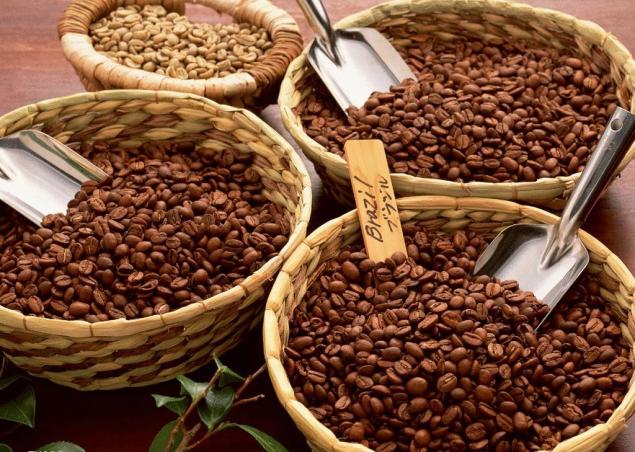
Source: /users/117

Special flavor "Kopi Luwak" explain the properties of gastric juice musango, which includes the civets. This coffee is produced commercially in Indonesia, the Philippines (where it is also "KAPE Alamid") and in South India. The founder of this method of obtaining the "Kopi Luwak" is an English industrialist of Jewish descent Joshua Robinson, for many years who was essentially a monopolist in this business, but then these factory was opened and other entrepreneurs. It is believed that musangs does choose only the most ripe and delicious coffee cherries, and the volume of production of this coffee is not exceed several hundred kilograms per year. However, at present this kind of coffee is often produced on an industrial scale in special animal farms. Wholesale price of a kilo of unroasted coffee Kopi Luwak is $100. The retail price of a pound of roasted coffee Kopi Luwak on the Internet ranges from $150 (Western specialized retail online stores).

Source: /users/117
Tags
green goods and services
"Kopi Luwak"
the kind of coffee
"Kopi"
musang
musangs does eat the ripe fruit of the coffee tree
grains of coffee
a special taste "Kopi Luwak"
"Cape alamid"coffee cherries
See also
With the label "organic"
"Floating Forest"
Multilateral machines - Part 2
ECO-labeling of products and services - find out for yourself!
Eco-apps for Android
Eco-bricks from sand
Energy efficiency of wind turbines for the home
Garden PostCarden postcard
Tissue paper Fenugreen FreshPaper

